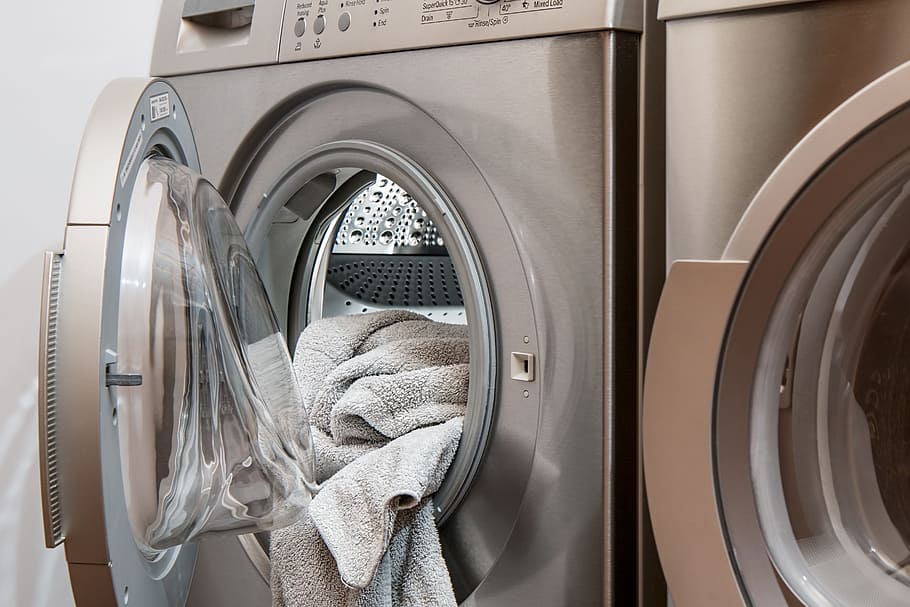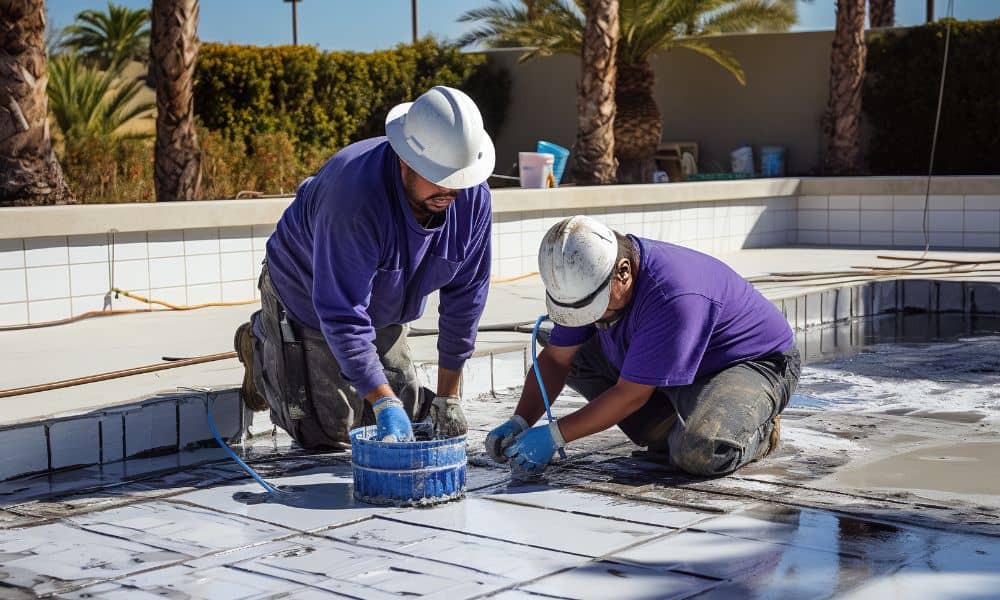In Vietnam, where a highly educated population is admired and cherished, education is seen as the key to prosperity. Vietnam has made major adjustments in the last few years to improve and raise its educational standards. By 2022, the nation will have a about 96.1 percent literacy rate, indicating that it is moving in the right direction with education. This article examines the ongoing Vietnam International Education Development, outlining the important initiatives and organizations that are influencing the country’s educational landscape as Vietnam makes more investments in its system of higher learning.
General Education System In Vietnam
The education system in Vietnam is structured into several key stages and offers various educational paths, from early childhood through to higher education.
Pre-school Education: Starting at age three, Vietnamese children may attend preschool, which lasts three years. This early education focuses on basic language skills, including learning the alphabet. Attendance at this stage is not mandatory, with parents having the option to start their children’s formal education or keep them at home.
Primary Education: Children begin their five-year primary school education at age six. Here, specialist teachers teach courses like art, music, and physical education, while homeroom teachers teach students in essential subjects like literature, math, history, and geography. In order to continue with secondary education, there is no entrance exam.
Secondary school: Which will last for four years, from grade 6 to grade 9. Secondary education continues with many subject teachers. Students who complete 9th grade must take a national exam to qualify for high school—this requirement applies to both public and private schools. Otherwise, you can stop general training there and start vocational training.
High School: High school education lasts three years, focusing increasingly on career orientation and major-specific subjects. Unlike earlier educational stages, courses like art and music are typically phased out to concentrate on academic and vocational preparation. After grade 12, students are required to pass a university entrance examination to pursue higher education.
Higher Education: Vietnam provides a wide selection of junior colleges, professional secondary schools, vocational schools, universities, senior colleges, and research institutes to suit a wide range of academic and professional interests.Utilizing advanced education technology, online learning resources offer students a valuable tool to enhance their studies. The seamless integration of technology into education is revolutionizing the way students learn and empowering them to succeed in their academic endeavors.
International Education In Vietnam
With a dedication to improving educational possibilities at all levels, Vietnam’s International education scene has changed dramatically over the years.
Background
Vietnam is among the top five nations in the world for the quantity of recently opened international schools, and it is quickly becoming into a center for international education. In Vietnam, there are more than 120 vietnam international schools that provide programs ranging from kindergarten to high school, mostly in Hanoi and Ho Chi Minh City, according to a 2022 report by the International Schools Database. These educational establishments provide a range of courses, among them esteemed international curricula that enable Vietnamese students to “study abroad at home.” This approach not only grants degrees from top universities but also cuts down the substantial costs associated with overseas education.
At the post-secondary level, Vietnamese universities are expanding their international partnership programs, further opening doors to global educational standards. For younger students, alongside traditional programs from the Ministry of Education and Training, there are options like the Australian international program. This arrangement lets students get international education right at home, preparing them well for future studies without leaving early for abroad in their schooling.
Opportunities and Challenges
The introduction of more international education programs in Vietnam offers students of all ages access to world-class academic curricula. However, this growth brings challenges, including the integration of international standards within the local education framework and ensuring that these programs remain accessible to a broader segment of the population.
International Education Programmes In Vietnam
Currently, besides the MoET program, students under 18 years old can choose programs such as International Baccalaureate (IB program), Cambridge, Advanced Placement (AP)
IB
The International Baccalaureate (IB) Diploma Program is tailored for students aged 16 to 19 and is offered by 20 accredited schools in Vietnam. This curriculum aims to equip students with the skills necessary for success in the global community.
The IB curriculum is internationally focused, incorporating a wide array of global standards rather than following specific national guidelines. It includes six main areas: Language and Literature, Language Acquisition, Experimental Sciences, Mathematics, Social Sciences, and the Arts. Students choose three subjects at a Higher Level and three at a Standard Level, aligning with their future graduation goals. Additionally, IB students complete an Extended Essay, engage in the Theory of Knowledge (TOK), and participate in Creativity, Action, Service (CAS) activities to enrich their educational journey.
AP
Most high schools in the United States provide Advanced Placement courses to students who want to shorten their first year of college. This program is also available in Vietnam, taught by authorized high schools and managed by the College Board. Students in grades 10 to 12 at international schools are encouraged to enroll in AP courses, especially those planning to study in the US after graduation. Students can choose from 38 courses across seven main subjects, catering to their academic interests and goals. Even for students not studying in the US, achieving high scores in this popular international education program can significantly enhance their university applications by demonstrating their academic capabilities.
Cambridge
The Cambridge program, orchestrated by Cambridge Assessment International Education (CAIE) of the University of Cambridge, is a prominent international educational trend in Vietnam. This program provides a continuous educational pathway from primary through to grade 12, with all courses taught in English. However, some schools in Vietnam offer a bilingual approach, using English as a second language, reflecting the flexibility of this international education system.
The curriculum is structured by educational stages, each with its own academic requirements and assessments designed by CAIE. Students can progress from Cambridge Primary, through Cambridge Lower Secondary, to options in the upper secondary level such as the Cambridge IGCSE or Cambridge Advanced levels, preparing them thoroughly for further education and global opportunities.
International School in Vietnam
Let’s take a look at some high quality Vietnam international schools
International School Ho Chi Minh City (ISHCMC)
Being the first international secondary school in Ho Chi Minh City and an IB World School, International School Ho Chi Minh City (ISHCMC) is notable. ISHCMC has led the way in education for more than 30 years. With 100% university acceptance rate, it provides a special combination of curriculum, cutting-edge facilities, and teaching methodologies to accommodate students from more than 60 countries.
With its award-winning library, Fab Lab, Makerspace, and dedicated spaces for art, cinema, and food technology, the Primary Campus cultivates young minds from the ages of two to ten. All of these features are intended to support inquiry-based learning, making it a great international primary school Vietnam for young learners. The Secondary Campus prepares students aged 11-18 for modern challenges with advanced resources including an Information & Media Center, professional theater, recording studios, and sports facilities like an NBA-size basketball court and rooftop field.
Together, the Primary and Secondary campuses of ISHCMC create a comprehensive educational experience that encourages students to excel academically, socially, and emotionally in a nurturing community.
International School Saigon Pearl (ISSP)
ISSP stands out as the first international preschool and elementary school offering an IB program in Ho Chi Minh City. The school hosts a vibrant multicultural environment with students from over 20 nationalities. It offers an extensive range of extracurricular activities, including over 50 after-school clubs for elementary students and 15+ for preschoolers. ISSP is committed to fostering an international mindset while also preserving Vietnamese culture and language, providing instruction exclusively in English. With highly experienced and open-minded teachers, ISSP ensures a seamless transition to prestigious secondary schools globally.
British Vietnamese International School Hanoi (BVIS)
Located in Vincom Royal City, Thanh Xuan District, BVIS Hanoi prepares students for a promising future through a unique bilingual learning environment. Students at BVIS master both English and Vietnamese and engage with British and international curricula, tailored to their individual strengths and interests. The school boasts a low teacher-student ratio of 1:8 and an average class size of 20, allowing for personalized and focused education. Supported by world-class teachers and an award-winning well-being program, students achieve exceptional results that pave the way to the world’s top universities.
Conclusion
It is evident that Vietnam’s trend of international education is expected to continue growing in the coming years. A diploma from an international program such as the IB can greatly improve a student’s chances of getting into college or getting a study abroad program. For parents seeking such an international environment for their children, ISHCMC represents an ideal Vietnam international school. As you consider the best options for Vietnam international education development, remember that schools like ISHCMC are preparing students today for global opportunities tomorrow.





